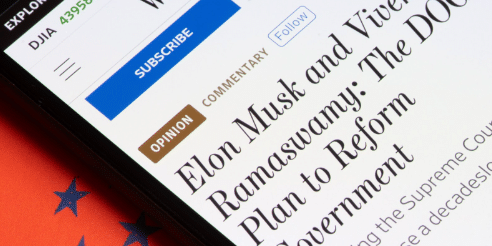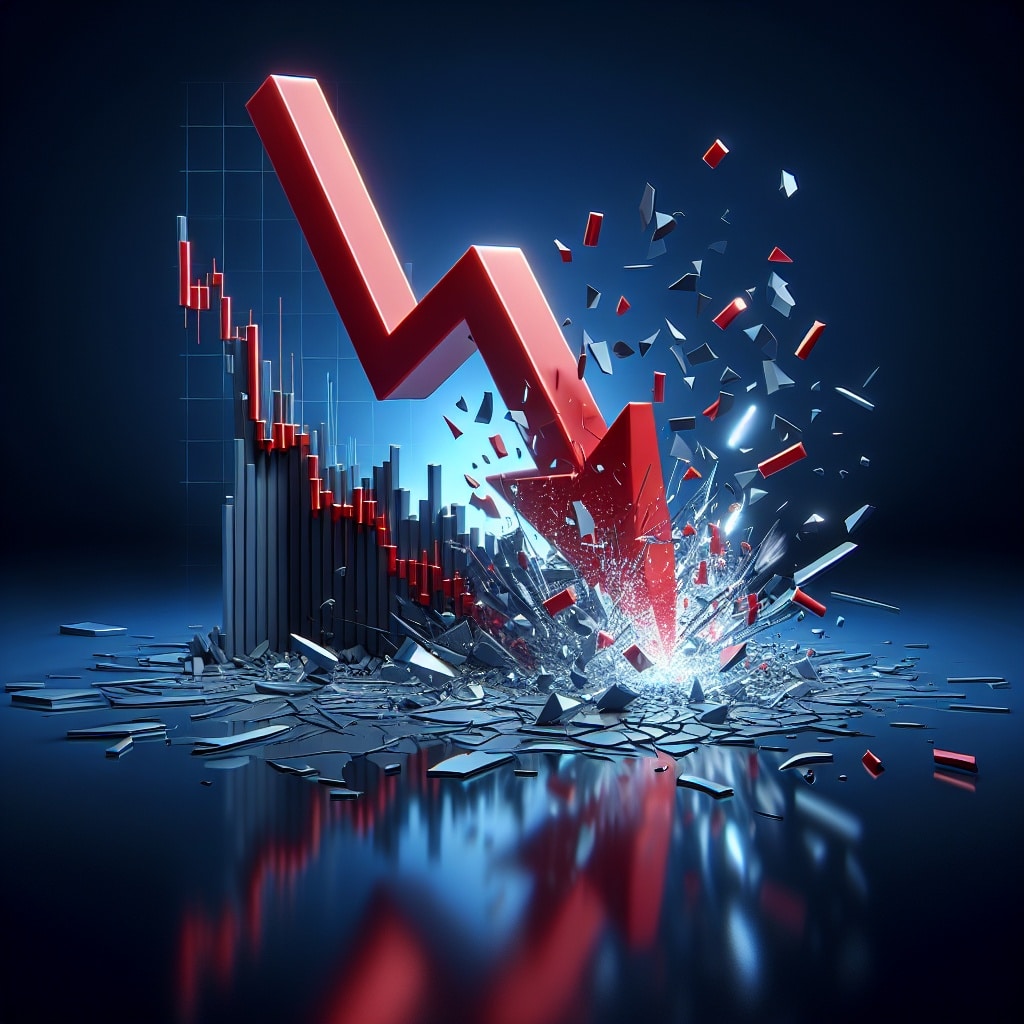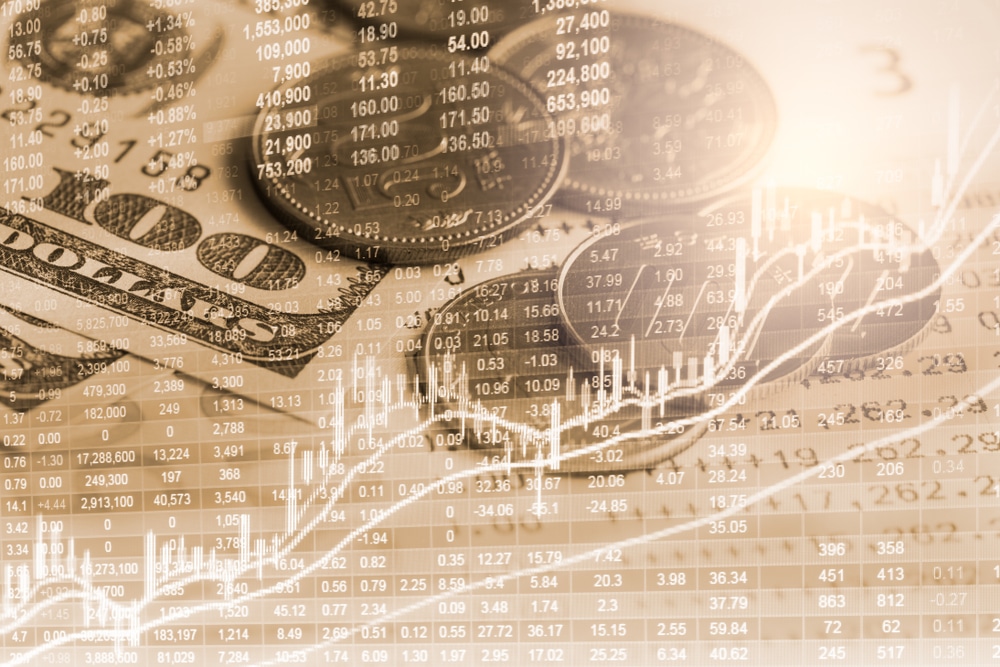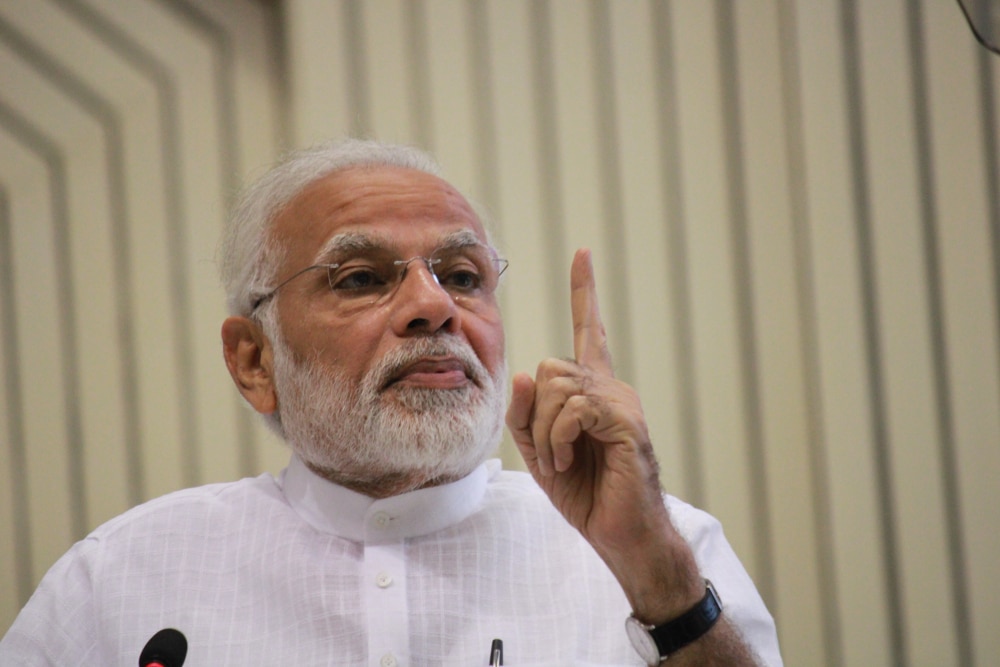
Don’t Bet Against DOGE: How Elon Musk, Vivek Ramaswamy, and DOGE’s Strategy Could Transform America
There’s a storm brewing in Washington, and its unlikely epicenter is none other than Elon Musk, Vivek Ramaswamy, and—wait for it—DOGE. No, not just Dogecoin, the decentralized digital currency Musk frequently champions, but the Department of Government Efficiency (DOGE), an initiative spearheaded by President-elect Donald Trump. Musk and Ramaswamy are set to lead this bold effort to slash bureaucracy and rein in the federal government’s runaway spending.
While critics doubt the viability of such an endeavor, there’s a deeper cultural shift here that’s far more powerful than Washington insiders want to admit. This movement isn’t just about trimming federal fat—it’s about catalyzing a seismic shift in how Americans view power, money, and efficiency. Let’s dig in.
The Mission of DOGE: More Than a Meme
Modeled after Reagan’s Grace Commission and Clinton’s "Reinventing Government" initiative, DOGE aims to identify and dismantle inefficiencies across federal agencies. Musk and Ramaswamy laid out their early plans in a Wall Street Journal op-ed, highlighting key Supreme Court rulings like West Virginia v. EPA (2022) and Loper Bright v. Raimondo (2024). These rulings curb agencies’ abilities to self-interpret their powers, opening the door for a serious rollback of unconstitutional regulations.
Among DOGE’s early proposals:
- Eliminate illegal regulations via executive order.
- Downsize the federal workforce by bringing remote employees back to the office and relocating agencies to areas more relevant to their missions.
- Cut frivolous spending by defunding organizations like the Corporation for Public Broadcasting and overhauling procurement practices.
This is where DOGE shines—it’s unapologetically about cutting through Washington’s red tape, just like Dogecoin cuts through the inefficiencies of traditional finance.
The DOGE Critique: Skepticism and Missed Potential
Critics, including libertarians, argue that DOGE is destined to fail, trapped by the same political machine it seeks to reform. After all, politicians rarely cut the very spending that ensures their survival. And even if DOGE achieves its goals, they say it’ll barely scratch the surface of the systemic issues leading America toward economic collapse.
There’s truth to this. The real issue isn’t just bureaucratic bloat; it’s the centralized systems of control that empower it. The Federal Reserve’s unchecked money printing, endless foreign entanglements, and a growing surveillance state are all far greater threats to American prosperity than, say, the inefficiency of the DMV.
But to dismiss DOGE outright is a mistake. This initiative isn’t just about technical fixes; it’s about igniting a cultural awakening.
Crisis as Catalyst: How Real Change Happens
Major societal shifts don’t happen in calm waters—they’re born in the eye of the storm. From the Great Depression to 9/11 to the COVID-19 pandemic, crises have historically given the political class cover to expand their power. But crises also create opportunities for those willing to seize them.
When the next crisis hits—whether it’s economic collapse, geopolitical conflict, or a terrorist attack—the establishment will push for even greater control. But what if enough people were ready to reject that narrative? What if, instead of handing over more power to the very institutions that caused the crisis, Americans demanded decentralization and individual empowerment?
This is why DOGE matters. It’s a vehicle for changing the way people think about government, efficiency, and control. It’s a chance to prime the public for a future where decentralization—whether in government or finance—isn’t just a talking point but a way of life.
Dogecoin’s Role in the DOGE Revolution
This is where Dogecoin, the currency, becomes a metaphor for Dogecoin, the movement. Like DOGE the department, Dogecoin started as a joke. But in the chaos of centralized banking failures and inflation, it evolved into a serious alternative. Its decentralized nature represents a rejection of the inefficiencies, corruption, and control inherent in traditional systems.
Dogecoin thrives on community and creativity—two things Washington has systematically crushed in favor of conformity and control. If DOGE (the department) can channel even a fraction of Dogecoin’s decentralized ethos, it could trigger a cultural shift far more significant than Musk and Ramaswamy’s critics expect.
The Path Forward: From Crisis to Opportunity
Change won’t come easily. Musk and Ramaswamy won’t wave a magic wand to fix America’s problems overnight. But they can lay the groundwork for something bigger. By challenging the status quo, they’re forcing millions of Americans to reconsider their relationship with government and, more importantly, with power itself.
Here’s the key takeaway: When the next crisis hits, the groundwork DOGE is laying today could determine whether Americans choose more centralization—or embrace a decentralized future. That future could include everything from cutting bureaucracy to adopting decentralized currencies like Dogecoin as alternatives to a failing financial system.
Don’t Wait for the Crisis—Act Now
If you’re reading this, don’t sit back and wait for Washington to solve your problems. You need to decentralize your finances and take back control now. Start by downloading my free ebook, "7 Steps to Protect Your Account from Bank Failure," and join the thousands of others preparing for what’s next. You can also get deeper insights by joining my Inner Circle for just $19.95/month.
Let’s ensure the next crisis isn’t an excuse for more control—it’s a rallying cry for freedom.
👉 Get your free guide today
👉 Join the Inner Circle now
The DOGE movement is bigger than any one department or initiative—it’s a fight for decentralization and efficiency, both in Washington and in your wallet. Don’t bet against it.











